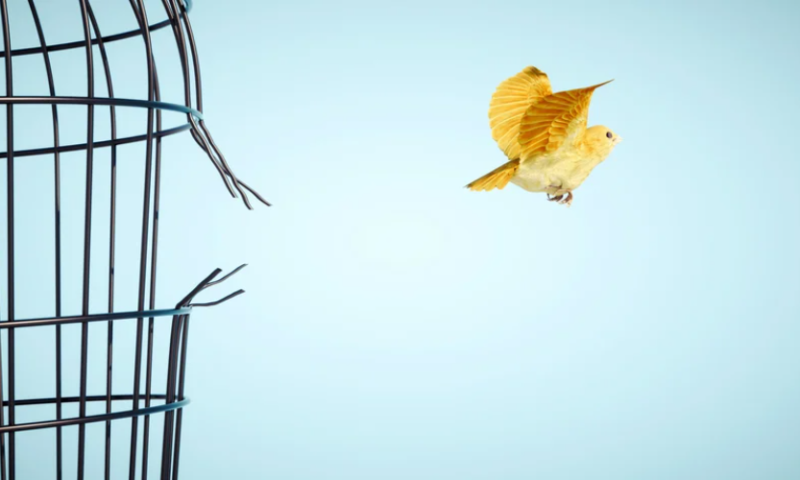Ten days after Finch Therapeutics let go 20% of its workforce, the winds have changed. The FDA has lifted a clinical hold on the biotech’s donor-derived microbiome drug for Clostridioides difficile, clearing the way for a phase 3 study to proceed—eventually.
But first, Finch will need to complete manufacturing activities and quality system updates that were agreed with the agency to resolve the hold, the company said Thursday afternoon.
CP101 was placed on hold in early March when the FDA flagged concerns with how the company was screening donors for the virus that causes COVID-19. The agency warned makers of microbiome drugs back in March 2020 that these therapies carried a risk of transmitting SARS-CoV-2 and additional safety precautions would be needed. Finch was placed under a partial hold then, but allowed to proceed since the donor material was sourced prior to the outbreak of COVID-19.
Fast forward to 2022, and the FDA once again had issues with how the samples were shipped to the vendor to be tested for the virus and how inconclusive test results were handled.
The FDA was moved to release the hold on CP101 after Finch provided information on its COVID-19 testing procedures and the informed consent language used for patients in the trial, the company said.
Finch now says enrollment can get underway—but a few more tasks still remain. Once the manufacturing and quality changes are implemented, the company will submit information for review to the FDA, which will need to agree on the validation package for one of the tests to be used, plus a protocol amendment for the late-stage PRISM4 study.
The protocol amendment will include changes to the algorithm Finch has been using to diagnose suspected C. diff infection reoccurrences and revisions to statistical analyses.
How long that will take is yet to be determined. Finch promised to provide a timeline update when it reports first-quarter earnings, which have yet to be scheduled. Fourth-quarter results were just issued on March 31.
While all this prep work is underway, Finch will keep working with clinical trial sites to prepare for enrollment.
The clinical hold spurred a restructuring at Finch, which meant 20% of staff had to be laid off and a chronic hepatitis B program was paused. The layoffs impacted about 37 full-time employees, while the company shifted resources to the C. diff and autism spectrum disorder programs.
Further details on timing for the autism trial, a phase 1b test of FIN-211 in children called Auspire, will be revealed on the first-quarter earnings call as well, according to Finch.
Even with the unclear timeline, investors were happy to see the FDA hold lifted. Finch’s shares jumped 68% in pre-market trading, gaining $1.43 to $3.53 a piece, compared to a close of $2.10.

